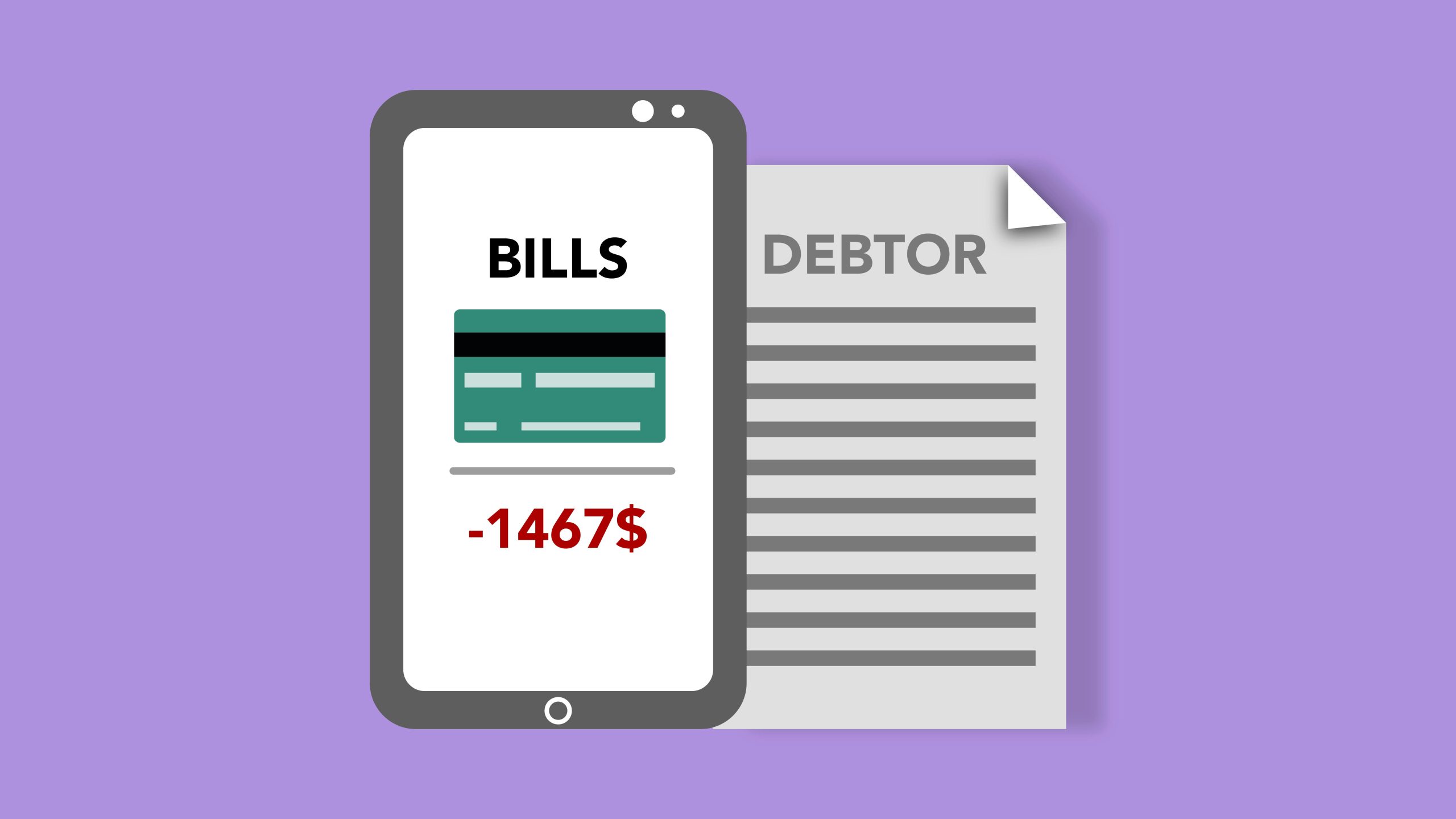Living as a digital nomad offers unparalleled freedom—exploring new destinations while working remotely. However, managing finances across different time zones and currencies can be tricky. Without a solid budget, it’s easy to overspend or lose track of expenses. That’s why having a monthly budget template tailored for digital nomads is essential. This guide provides a comprehensive, easy-to-use template to help you track expenses, save money, and maintain financial stability while living the nomadic lifestyle.
Why Digital Nomads Need a Monthly Budget
Unlike traditional lifestyles, digital nomads face unique financial challenges. Fluctuating exchange rates, varying costs of living, and irregular income streams make budgeting a necessity. Here’s why a monthly budget template is a game-changer:
- Control Over Spending: Track every expense, from co-working spaces to travel tickets, ensuring you don’t overshoot your limits.
- Financial Awareness: Understand where your money goes and identify areas to cut costs.
- Savings Goals: Allocate funds for emergencies, future travels, or investments.
- Peace of Mind: Avoid financial stress by knowing exactly how much you can spend each month.
Essential Categories for a Digital Nomad Budget
A well-structured budget covers all key expenses. Below are the must-have categories for your digital nomad monthly budget template:
1. Accommodation
Whether you’re staying in hostels, Airbnb rentals, or co-living spaces, housing is often the biggest expense. Research local prices and set a realistic budget based on your destination.
2. Transportation
Include flights, local transport (buses, trains, taxis), and bike or scooter rentals. Consider travel insurance if you move frequently.
3. Food & Dining
Split this into groceries and eating out. Cooking at home saves money, but experiencing local cuisine is part of the adventure—balance is key.
4. Work-Related Expenses
Co-working spaces, internet subscriptions, software tools, and equipment (like laptops or headphones) should be accounted for.
5. Entertainment & Leisure
Budget for activities like tours, museum visits, or weekend getaways. Don’t forget smaller expenses like coffee shops or coworking social events.
6. Health & Insurance
Medical insurance, prescriptions, gym memberships, or wellness activities (yoga, massages) should be part of your budget.
7. Miscellaneous
Unexpected costs like visa fees, SIM cards, or laundry services can add up. Keep a buffer for these.
How to Use the Monthly Budget Template
Now that you know the categories, here’s how to implement your digital nomad budget template effectively:
- Estimate Monthly Income: Calculate your average monthly earnings, accounting for fluctuations in freelance or remote work income.
- List Fixed Expenses: These are recurring costs like rent, subscriptions, or insurance.
- Track Variable Expenses: Use apps or spreadsheets to log daily spending on food, transport, and leisure.
- Set Spending Limits: Assign a cap to each category and adjust as needed.
- Review Weekly: Check your budget every week to stay on track and make adjustments before overspending.
Tips to Save Money as a Digital Nomad
Sticking to a budget doesn’t mean sacrificing experiences. Here are practical ways to cut costs:
- Choose Affordable Destinations: Countries like Thailand, Vietnam, or Portugal offer a lower cost of living without compromising quality of life.
- Travel Slow: Staying longer in one place reduces transportation costs and often gets you discounts on accommodations.
- Use Local Services: Opt for local SIM cards, markets, and public transport instead of tourist-priced alternatives.
- Cook More: Preparing meals at home saves money and can be healthier.
- Leverage Loyalty Programs: Many airlines, co-working spaces, and hotels offer rewards for frequent use.
Conclusion
A well-planned monthly budget template is the backbone of a sustainable digital nomad lifestyle. By tracking expenses, setting limits, and making smart financial choices, you can explore the world without financial stress. Start using this template today to take control of your finances, save money, and enjoy the freedom of remote work to the fullest. Happy budgeting—and happy travels!


